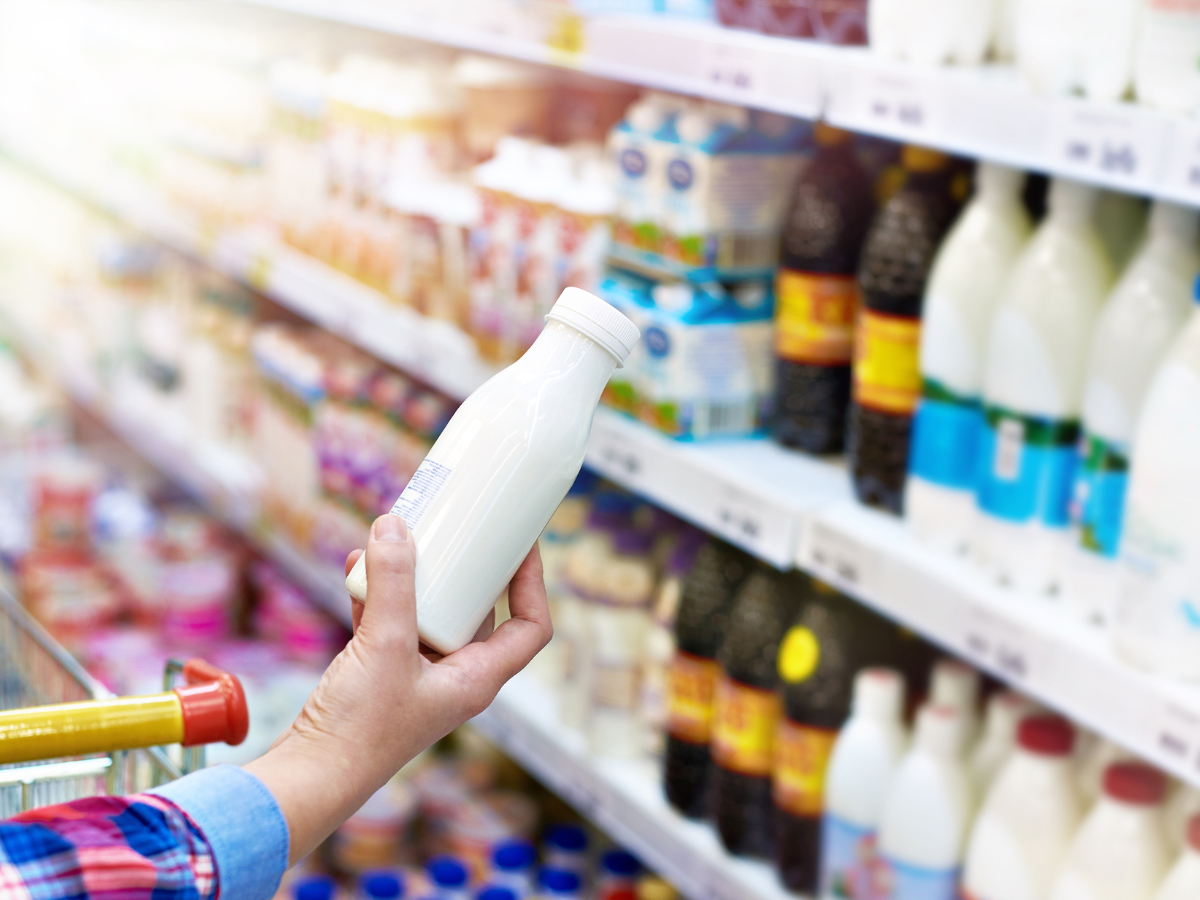
What is a ‘Shelf Life’?
Shelf life is the period during which goods, such as beverage or food, can be kept under specific conditions and remain safe for usage or to consume. During this period, the goods remain their intended freshness, nutritional value and quality.
The length of the shelf life can be different according to the product type. Some types such as fresh produce have a relatively short shelf life- with only a few days or weeks as their typical shelf life. Meanwhile, other products like canned or frozen items, usually have a much longer shelf life period- from several months to even several years. The duration of the shelf life depends on several factors such as the product’s formulation, production method, storage conditions, packaging and the presence of preservatives.
Why is ‘Shelf Life’ also called ‘Best Before Date’?
Shelf life is also known as ‘Best Before Date’ as it indicates the date by which the goods are expected to retain their safety and quality. Manufacturers would conduct tests to determine the ‘Best Before Date’ of their goods and print out the information about it on the packaging or label of the product. A common misconception is that products are not consumable after the ‘best before date’ is passed, but it is not true. Most products would be still safe to consume even after the best-before date is passed, however, the quality (taste, appearance, scent, etc) and nutritional values may have declined. This is the reason why manufacturers would put ‘Best Before Date’ to make sure that their products would be consumed in the best possible condition. Also for safety and health concerns, it is always advisable to check the product’s smell, taste, and appearance before consuming once it has passed the best-before date.
How can manufacturers create longer ‘shelf life’ for products?
Pasteurization is an important process in the food and beverage manufacturing industry as it can help extend the shelf life. Pasteurization involves heating up the liquid- such as milk, or juice, to a certain temperature and hold there for a specific time before cooling the liquid down rapidly. This heat treatment reduces the amount of harmful microorganisms (bacteria, parasites, viruses, etc) present in the liquid. With the number of microorganisms reduced, pasteurized products are protected from spoilage and the growth of harmful pathogens that can cause foodborne illness to the ones consuming the products. The result is that as long as the pasteurized products are stored under proper conditions, they can have a longer shelf life than those that are unpasteurized. However, it is also necessary to remember that even pasteurized products have a limited shelf life and it is always best to follow the instructions for storage and consumption.
MUNINMAX’s Pasteurizers for your business
2Our UHT and Pasteurizers can help to extend the shelf life of your products while maintaining the taste, consistency, appearance, and quality of the products to make sure that it would not only last longer, but also can be consumed in the best conditions. For more detailed information on our quality pasteurizers and UHTs, visit our website at https://muninmax.co.th/uht-pasteurizer/ or send us an email via [email protected] !
Conclusions
Shelf life is an important indicator that determines when the product should be consumed to ensure the quality and safety factors. Many businesses, especially for the export products, would use various methods- including Pasteurization, to extend the shelf life of their products so that they can last longer in the market before being consumed by the customers. Pasteurization is an effective method that reduce the number of harmful microorganisms that can cause foodborne illness and spoilage. Pasteurization treatment can be achieved by using quality Pasteurizers, and UHTs- which MUNINMAX can offer at best rate and quality.
